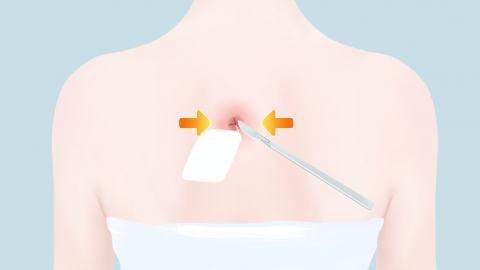Can improper surgical suturing cause the wound to turn black?
Generally, improper surgical suturing may cause the wound to turn black. The specific analysis is as follows:

If a surgical wound is sutured too tightly, it may obstruct the local blood circulation of the wound tissue, leading to tissue ischemia and hypoxia, which can result in the wound turning black. In such cases, timely communication with the doctor is necessary, as the sutures may need to be removed and the wound resutured to improve local blood circulation. Improper suturing can also make the wound more susceptible to infection by bacteria and other pathogens. Infection may cause inflammation that damages the wound tissue, leading to tissue necrosis and blackening. At this point, in addition to resuturing, anti-infective treatment is also required.
During surgical suturing, doctors should ensure correct and appropriate suture techniques and closely monitor the patient's wound healing process. If a patient notices that the wound has turned black or observes other abnormal symptoms after surgery, they should seek medical attention promptly and inform the doctor of their symptoms and concerns. The doctor will then make a diagnosis and provide treatment based on the patient's specific condition to ensure proper wound healing and recovery.








